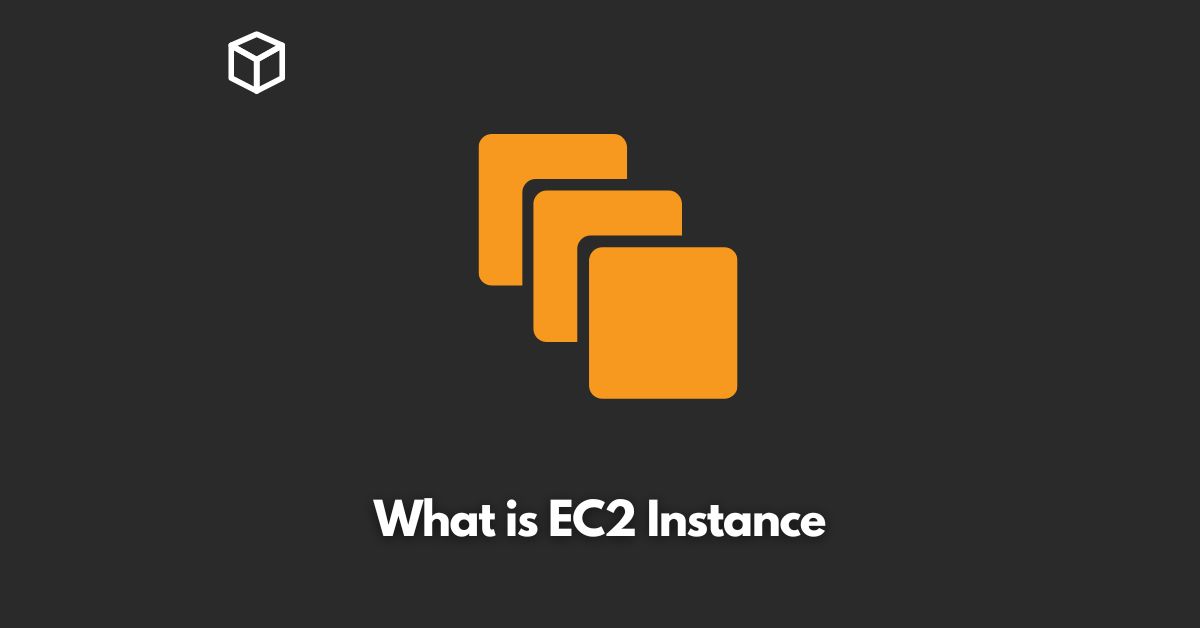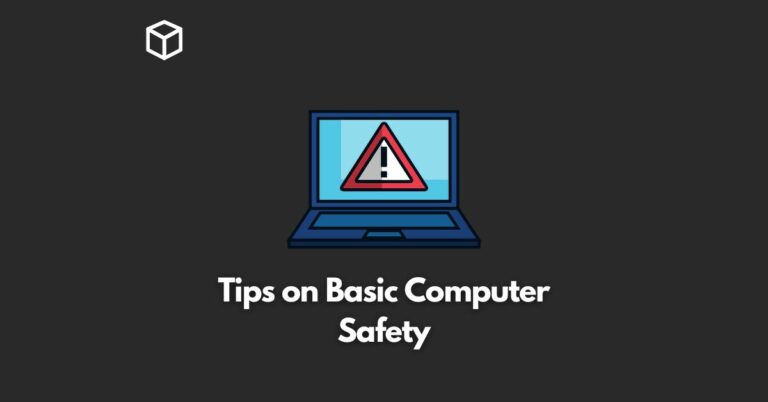EC2 (Elastic Compute Cloud) instances are a powerful tool for running a wide range of applications on Amazon Web Services (AWS).
These virtual machines can be used to host everything from simple web servers to complex, multi-tiered applications, making them a highly flexible and scalable option for businesses of all sizes.
Types of EC2 instances
There are several different types of EC2 instances available, each with its own set of benefits and use cases.
Some of the most popular types include:
- On-demand instances: These instances are available for usage on a pay-as-you-go basis, and are ideal for short-term or unpredictable workloads. They offer the most flexibility, but can be more expensive than other options.
- Reserved instances: Reserved instances provide a more cost-effective option for long-term or predictable workloads. They require a one-time payment or a low hourly rate, in exchange for a commitment to use the instances for a specific period of time.
- Spot instances: Spot instances allow you to bid on spare EC2 capacity at a discounted rate. They can be a cost-effective option for certain types of workloads, but may be terminated if the bid price exceeds the current spot price.
- Dedicated instances: Dedicated instances provide dedicated hardware for your instances, making them a good option for workloads that require a high level of isolation.
Launching an EC2 instance
If you’re ready to launch an EC2 instance, the process is relatively straightforward.
Here are the basic steps:
- Choose an instance type: Decide which type of instance is best suited for your workload.
- Configure storage and security: Set up storage and security options for your instance, such as storage volumes and security groups.
- Launch the instance: Launch your instance and configure any additional settings, such as networking or monitoring.
Managing EC2 instances
Once your EC2 instances are up and running, you’ll need to manage them to ensure they continue to perform as expected.
There are several tools and features available to help you do this, including:
- Amazon EC2 Console: The Amazon EC2 Console provides a web-based interface for managing your instances.
- AWS CLI: The AWS Command Line Interface (CLI) allows you to manage your instances from the command line.
- SDKs: AWS SDKs provide libraries for various programming languages, allowing you to manage your instances from within your applications.
Conclusion
EC2 instances are a powerful and flexible option for running applications on Amazon Web Services (AWS).
Whether you’re looking to host a simple web server or a complex, multi-tiered application, EC2 instances can provide the resources and scalability you need.
With a wide range of instance types to choose from, and a variety of tools and features for managing your instances, EC2 is a great choice for businesses of all sizes.
If you haven’t already, we encourage you to try out EC2 instances for yourself and experience the benefits firsthand.




